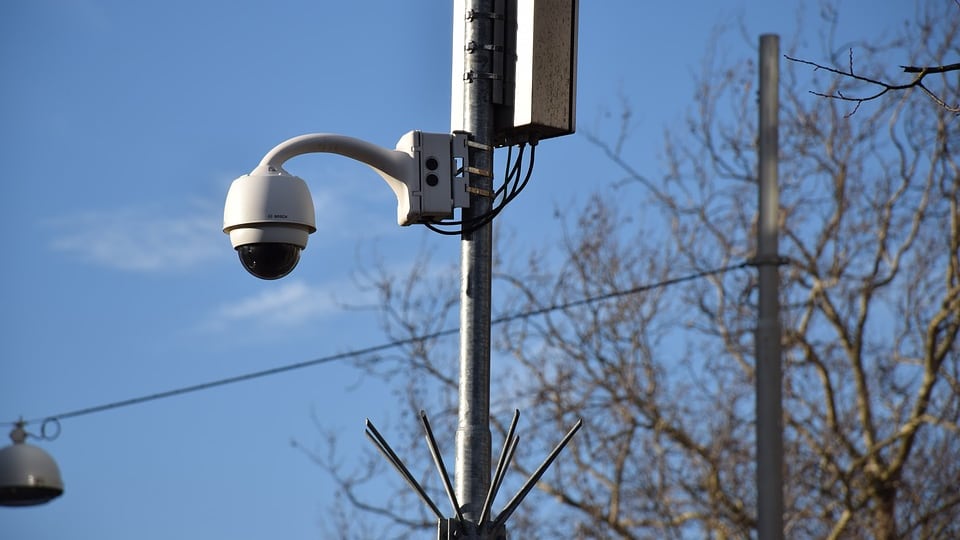Nighttime policing in the small southern Oregon town of Cave Junction has become a topic of debate.
Recently, Jefferson Public Radio reported that the city proposed installing security cameras downtown and giving a group of untrained volunteers called CJ Patrol access to the feeds to monitor after hours. Because of a lack of law-enforcement resources, nighttime 911 responses in Cave Junction can take up to 45 minutes.
But on the Friday edition of Oregon Public Broadcasting's talk show Think Out Loud, Cave Junction Mayor Meadow Martell, and Josephine County Commissioner Darin Fowler debated alternatives to giving the volunteer group sole access.
Martell told host Dave Miller that the policing plan is still in early stages, and that the city's insurance company has already flagged a plan to allow CJ Patrol to helm the surveillance.
"It's been pointed out to us, particularly by our insuring company, that maybe we do need to rethink that," Martell said. "Because we may be liable if we allow individual people access to the feed."
Martell said one option is to make the security camera footage a live feed that anyone can view.
"It would be safer to have a live feed or [not allow any] private citizens to view the fee," she said.
The plan for night policing in Cave Junction is a partnership between the city and Josephine County. Fowler, the County Commissioner, said he prefers a plan that gives only law enforcement access to the security camera footage. His preference "would just be for law enforcement to use it as a tool after a crime."
"When they have probable cause," he said, "they'd go back and look at the films and there wouldn't be any public access."
CJ Patrol did not respond to WW's request for comment. Listen to the full OPB segment here.

